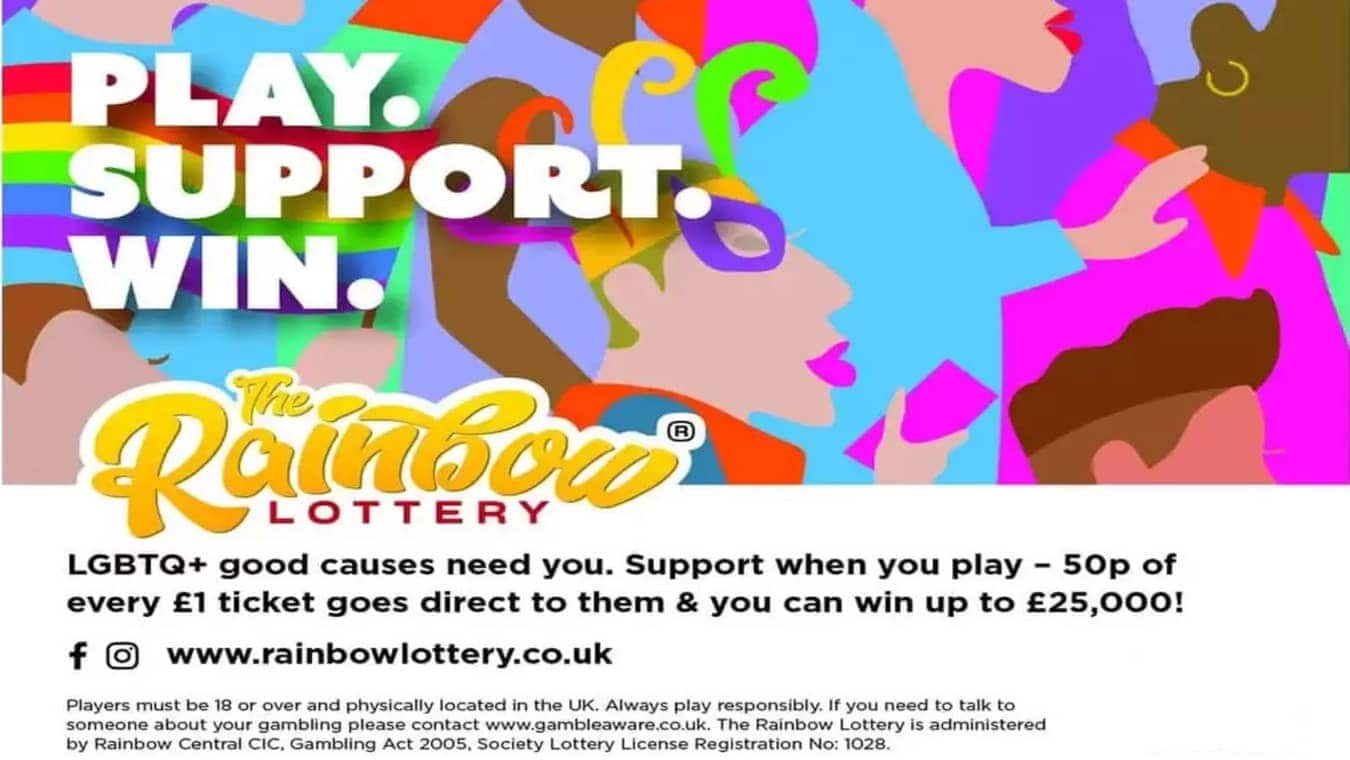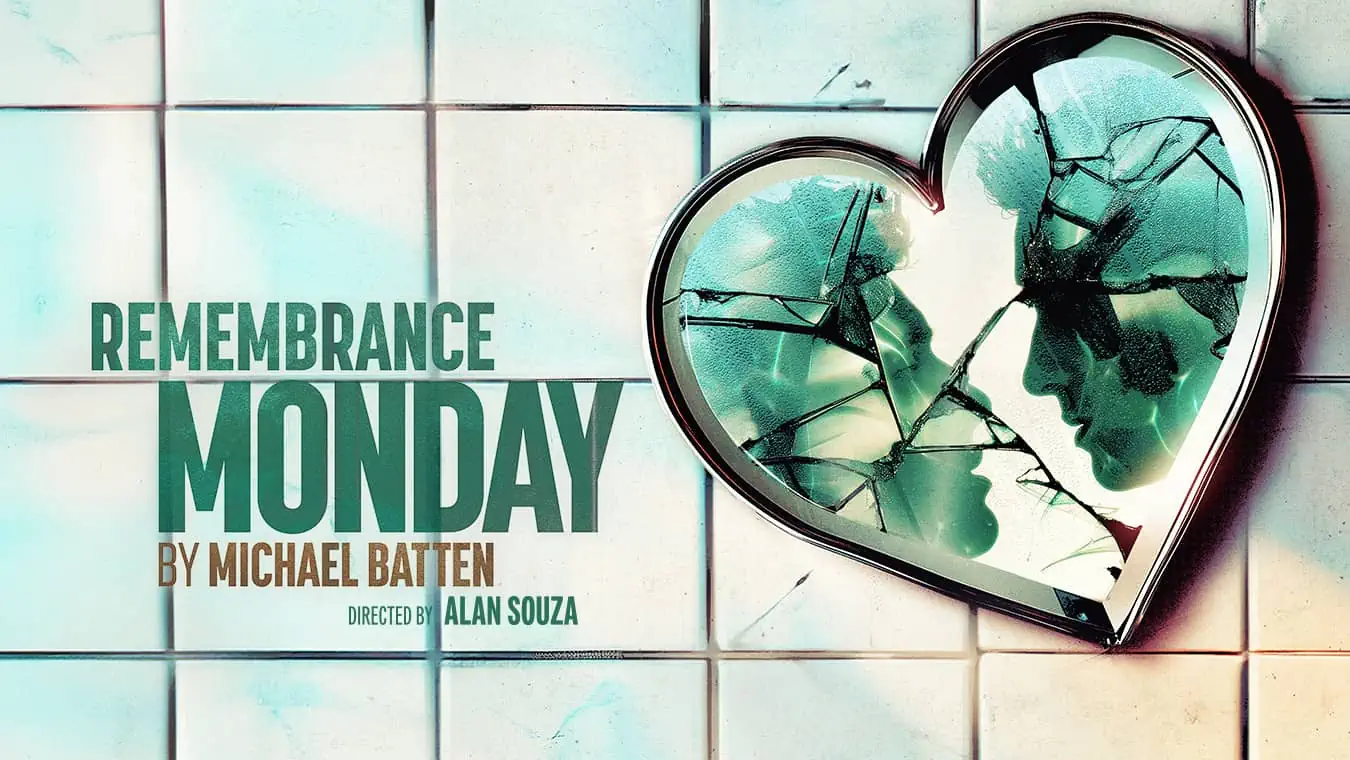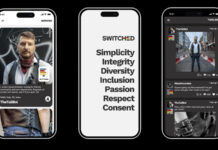Queer power may be on the rise in Kenya, but it’s LGBT population still face persecution both institutionally and in wider society. Chris Godfrey spoke with the relentless human rights lawyer and queer activist, Eric Gitari, about how he’s helping to empower the country’s gay community.
Barack Obama’s recent historic visit to Kenya sparked an impassioned debate about LGBT rights, one that extended far beyond its borders. With same-sex sexual activity still an offence punishable by up to 14 years imprisonment across the state, many were calling on the President to stress the need for greater LGBT equality in his highly anticipated speech.
To LGBT activists it would’ve been hypocritical for the leader of the free world to omit gay rights from his address, considering how fervently he’s championed them in the USA. For opponents to equality it was simply Western interventionism.
This heated debate took a personal turn for the country’s most prolific queer activist Eric Gitari, a human rights lawyer, when a national tabloid ran a feature naming him as one of Kenya’s “top gays”, listing him alongside a number of prominent academics, journalists and politicians, among others.
In a country where LGBT people regularly contend with the daily threats of violence and police harassment, the implications could have been severe for those named. But after Gitari got over the initial shock of seeing his image in print he viewed the article differently, seeing it instead as a positive influence.
“It created this public perception that gay people are powerful people, people who have made enormous contributions to the Kenyan society,” says Gitari, reflecting on the article’s impact. “There was no attack from me or any of the people who are listed there. There was no threat of violence. It backfired.”
If the tabloid were hoping to get a rise out of the prominent LGBT Kenyans it named, it wasn’t going to come from Gitari. Suing the newspaper for a breach of privacy (which as a human rights lawyer was certainly an option) would have only given legs to their story and further exacerbated the debate.
“We were not interested in that because that was going to give them free airtime,” says Gitari. “The thing that I think was very effective on that publication was the whole creation of this public image of queer power, of gay power growing in Kenya, changing the stereotype that gay people are sex workers that are diseased and having sex with rich people to for money. It showed that gay people are accomplished, respected people in society.”
The rise of queer power in Kenya is something Gitari is witnessing first hand, both at an institutional and grassroots level. When he first tried to register his organisation, the National Gay and Lesbian Human Rights Commission (NGLHRC), the application was rejected. He was told the name was “undesirable and unsuitable” and that the director of the NGO board had the right to reject the registration of organisations not within the national interest of Kenya. With ambitions to become the first national LGBT organisation it was easy to see why authorities felt threatened.
After a further five rejections, he secured a huge legal victory when Kenya’s High Court ruled that the government can no longer block LGBT groups from formally registering. It was a significant and symbolic step forward for Freedom of Expression, one that will certainly aid LGBT activists in future legal challenges.
As well as fighting persecution through the courts, Gitari and his team travel around the country educating queer Kenyans about their rights and how they can take ownership of them. It’s work that’s particularly important in rural areas, where access to justice and knowledge of these issues is more limited.
“In February 2013 we started going across the country doing civic education to LGBT folks, telling people what their rights were and how they could claim those rights within those regional laws,” says Gitari. “What we have noticed in the last few years is there has been an increase in not just the number of LGBT groups, but the number of people who are coming out. We have noticed…an increased number of groups, where there were none before, that are much more politically organised.”
While his civic education meetings now attract large crowds, all eager to learn from his experience, his first session proved more of an education for NGLHRC, with Gitari and his team listening to the concerns and experiences of those who attended.
“We had such terrible stories that came out of that, it was more of a documentation and consultative exercise than civic education,” says Gitari. “One of the things that struck me was how discrimination…is very gendered, to the effect that the people that face much discrimination are the transgender persons…effeminate gay men and butch lesbians.
“This guy was recounting how he was found having sex with another guy in public, and the mob attacked the bottom and not the top. The mob was saying in Swahili, telling the bottom while they were beating him up, that he is lowering himself lower than a woman for allowing a man to penetrate him. The top was not being beaten because he was more macho.”
In a country where orchestrated mob beatings and public outings still occur, Gitari and his team must still try and convince people they’re genuine. It’s a task that has been made significantly easier with the advent of social media, which more and more queer people utilise to privately connect with each other.
“There’s a group on Facebook in almost every town,” he says. “There’ll be a group in a town like Meru calling itself Meru Gay Twinks, or Eldoret Bisexual Sex Club. Before we go to a town, we make prior contact with at least one or two people who we know have been very active in those groups, and then we tell them what we are coming to do, who we are. The fact that I’ve been doing media work in Kenyan Newspapers and TV…there’s some sort of trust from them; ‘he’s gay and he’s not coming to out us or blackmail us’.”
While the sections of the general public represent one threat to LGBT Kenyans, the police remain one of the biggest persecutors. Transgender women and effeminate men especially are regularly pulled off the street and arrested under the guise of exaggerated charges, such as loitering with intent to commit a felony.
One case that represents the harrowing ongoing institutional persecution is that of two gay men which the NGLHRC is currently representing in court. When the police arrested them they were told it was because they were suspected to be gay, that someone had snitched on them. After searching their house, without a warrant, they found Queer As Folk DVDs; investigators decided it was pornographic material and as it was a box set consisting of ten discs, they claimed they were trafficking pornography around Kenya.
“They took them back to the police station and the next day they took them to court,” says Gitari. “They told the magistrates that we have every reason to believe that these people are gay…and they’re refusing to cooperate, to assist the prosecution in gathering evidence. So the prosecution applied for orders for medical examination, which were issued.
“The two were taken to the local big government hospital, told to strip naked, legs up in the air, cough as the doctors were inserting metallic objects into their rectum and looking at the possibility bruises and tears. They took their blood, tested them for HIV and Hep B, then they took them back to court to charge them now with formal charges of carnal knowledge against the order of nature, attaching the medical reports. They were remanded for four months and the case is still ongoing.”
It’s just one of a number of cases NGLHRC is currently working on. But despite the ongoing persecution from the public and the police, Gitari feels more Kenyans than ever are finding the confidence to come out, inspired by a handful of high-profile figures like Binyavanga Wainaina, a prominent author, who have themselves opened up about their sexuality.
Gitari himself came out to the nation a few years back through a series of TV and newspaper interviews. He now hopes more public figures follow suit and help empower the next generation of LGBT Kenyans in the fight for greater equality and fuel the rise of queer power across the country.
“Within the last two years there has been a lot more people coming out,” says Gitari. “The beauty of coming out as a political statement…is it not only inspires hope within the movement for more people to come out, especially the young people, it has also changed a lot of public perception on how we are viewed.”













